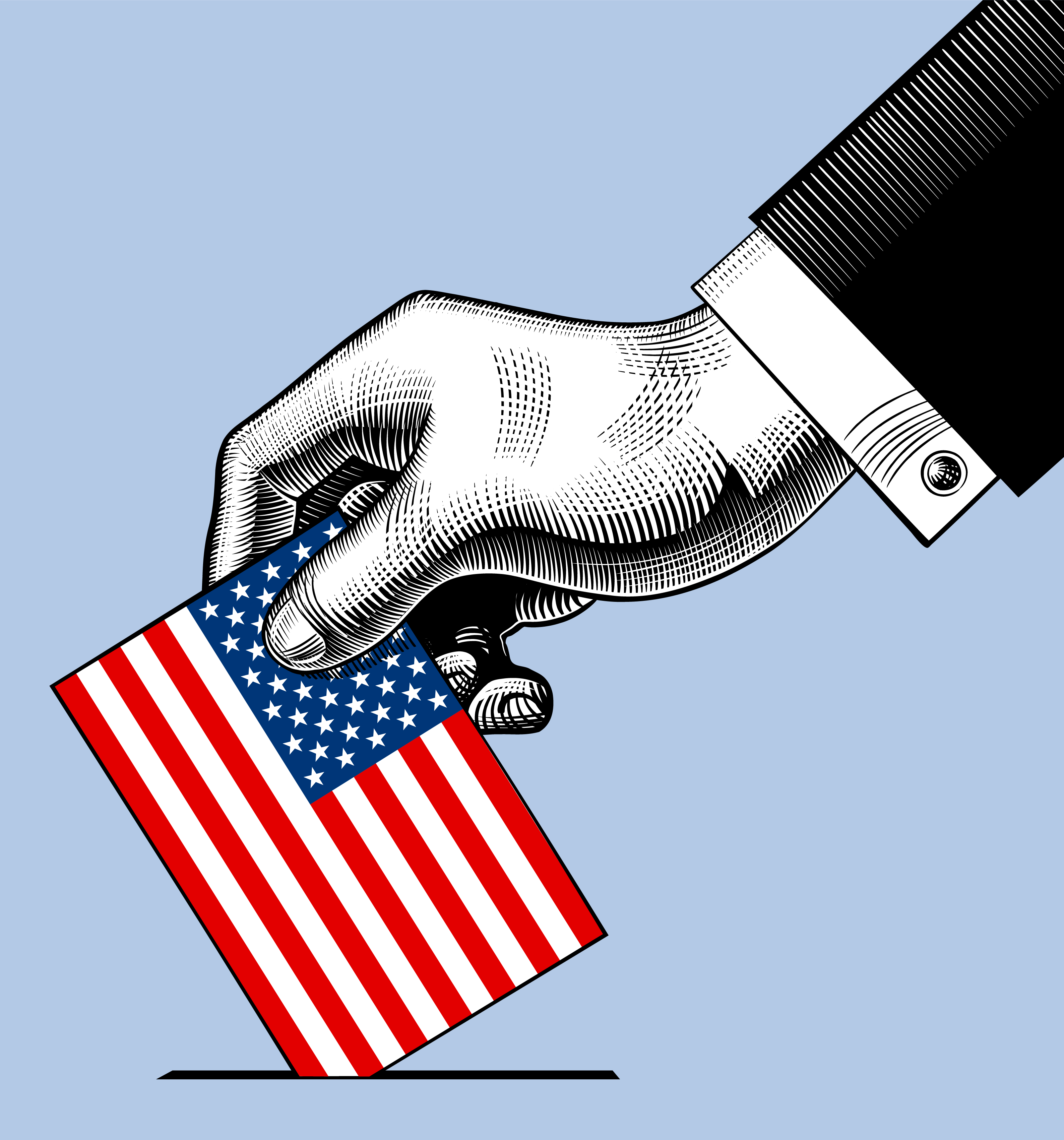America Votes – How will the US election shape the market?

Kauri Asset Management

With the upcoming US election set to define the economic landscape over the next four years, how might markets respond?
This time, it’s different. That might sound like a catchcry as old as time, however, there really does seem to be a unique set of circumstances surrounding the upcoming US Presidential election.
The US has endured its worst financial crisis since the Great Depression. COVID has ripped through the world with a huge health toll. US President Donald Trump has been fighting off COVID-19. There have been pre-empted claims of electoral fraud and an effort to stamp out mail-in ballots. There was what many have described as a farcical debate. A Supreme Court nominee process being run in tandem with the election campaign.
And if all that is not enough, there is the very real prospect that whichever candidate ends up on the wrong side of the ledger come election night may dispute the result through the courts. All up, there has never been an election like the one we’re about to witness.
What history tells us to expect following the election
The Presidential Election Cycle Theory goes that the US stock market underperforms in the first half of the term immediately following the election of a President, with the cycle repeating each subsequent term. The theory is that a President makes a concerted effort in the second-half of their term to boost the economy in order to get re-elected.
However, even if we were to follow the Presidential Election Cycle Theory, between 1950 and 2016, the first and second years after an election have returned an average of 6.5% and 7% respectively. Dating even further back, all the way to 1789, the returns average 7.7% and 7.9% respectively.
More recently, the trend certainly gives rise to be optimistic. The S&P 500 index has risen in each of the first years of the Trump, Bush, and Obama administrations. In the case of President Trumps’ first year in office, returns were up 19.4%.
We still have to get through 2020 also, and despite every challenge thrown at the market, we’re in positive territory year-to-date. If that trend continues, as we expect, it would firm up another strong record, whereby the S&P 500 has closed higher in 17 of 23 election years since 1928.
Looking at the outcomes
Yet here we are, in unique circumstances. It goes without saying that the economy has been in dire shape ahead of the election, with COVID-19 and lockdowns all but leading to economic pain.
Looking forward, however, despite all the uncertainty that lies ahead, we see the prospect for a strong performance in the first year or two after the election.
Let’s look back four years ago. Donald Trump came from nowhere to defy the odds and just about every poll to storm to victory. Futures markets were rocked. But only briefly. It didn’t take long and investors soon found their feet, with stocks soaring.
Should President Trump be successful in his bid for re-election, it is our expectation that markets would respond favourably to the news, even if he failed to win the House. Markets tend to outperform when an incumbent retains the Presidency, not to mention the business-friendly policies implemented by the Trump administration have largely supported corporate profits.
On the other hand, if Joe Biden were to rise to power following the election, it would not surprise us if there was an initial short-but-sharp drop in the market. However, thereafter, despite the prospect of reforms to business tax, we would anticipate significant stimulus to be pushed through that would buoy markets. The Democrats have already committed to a higher package than the Republicans, and would have greater scope to push this through via executive power, even if they did not pick up the Senate.
Our ‘worst-case’ scenario would call for an outcome where the election result is contested and not known for weeks. In that instance, we believe markets would turn particularly volatile amid the uncertainty. In 2000, when similar circumstances prevailed, the S&P 500 shed 4.2% across the ‘disputed’ timeframe.
Nonetheless, the declaration of an eventual result would align with either of the base cases above, and any volatility would give us reason to be active in the market in looking for attractively-priced stocks.
We also need to keep in mind that the economic recovery from here stands to be the focus of whichever candidate ends up being successful in their bid for the Presidency. The winning party will need to effectively put all their eggs in the basket when it comes to not just helping chart a recovery for the economy, but avoiding the risk of a double-dip recession.
On top of that, there is growing expectations that a vaccine will be developed, which would facilitate economic growth. With the ongoing support of the Federal Reserve at hand, as well as fresh economic stimulus that would no doubt be injected to fight off any risk of the economy slipping again, the market is likely to see a successive series of ‘sugar hits’ to help it keep ticking along.
All the while, corporate
profits will be rising from rock-bottom levels, which gives us confidence for
stocks performing well in the first year or two after the election.
If you enjoy our content don't forget to follow us.
For more insights please visit our website and subscribe to our regular updates.
4 topics

With over 15 years of experience within the financial services industry, Mike possesses an outstanding acumen and extensive insight when it comes to global equity markets and a range of financial services products.
Expertise

With over 15 years of experience within the financial services industry, Mike possesses an outstanding acumen and extensive insight when it comes to global equity markets and a range of financial services products.
